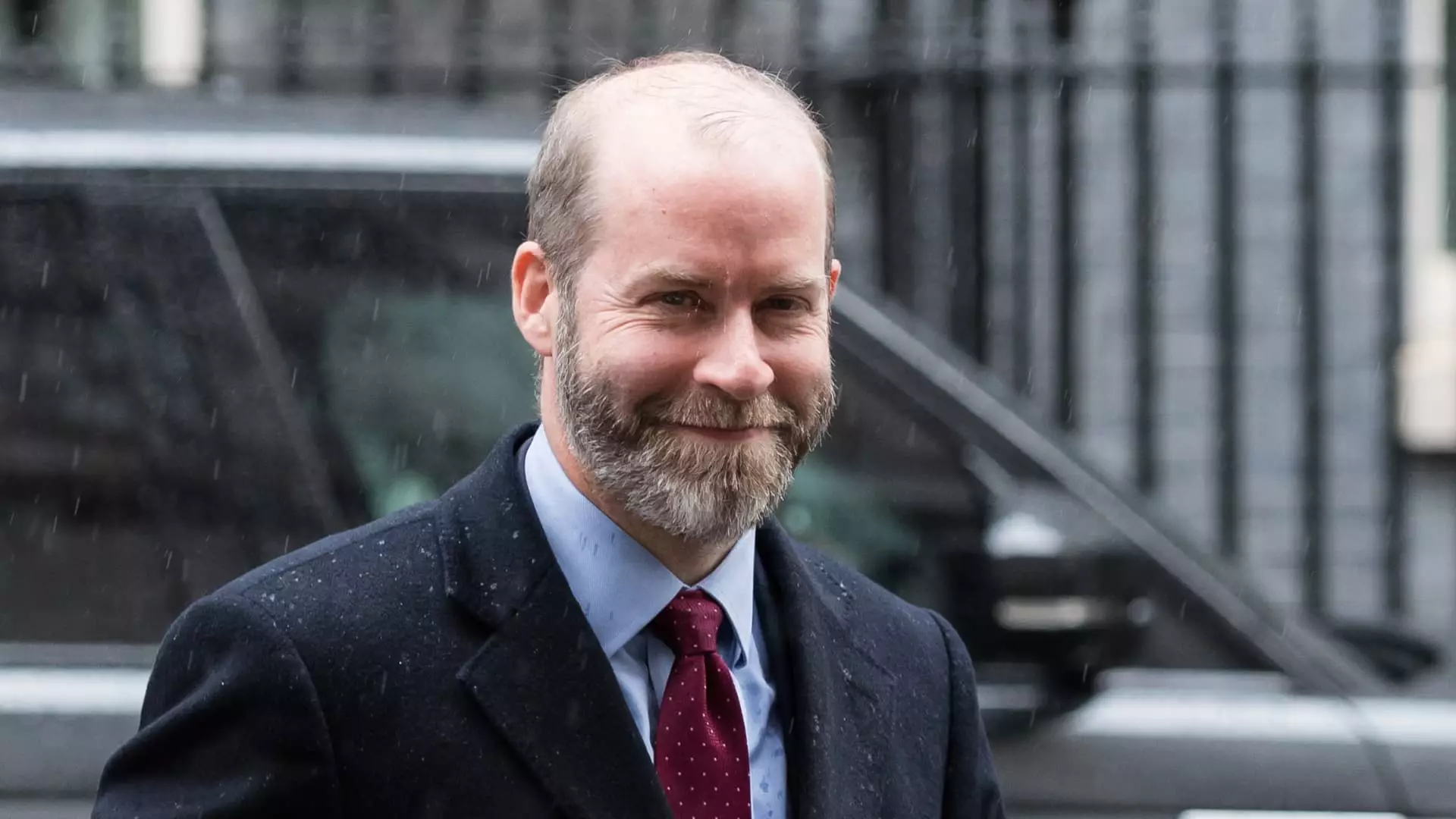In the wake of Brexit, the United Kingdom has redirected its economic ambitions towards securing trade agreements that promise to bolster its international trading stature. Jonathan Reynolds, the U.K.’s Business and Trade Minister, has articulated that establishing trade partnerships with India and the Gulf nations stands at the forefront of the Labour government’s agenda. This focus is not merely a matter of economic opportunism; it reflects a multifaceted approach to enhancing the U.K.’s global trade relations and sustaining economic resilience amid shifting geopolitical landscapes.
Reynolds emphasized the urgency of recommencing negotiations with the Gulf Cooperation Council (GCC), which encompasses Bahrain, Kuwait, Oman, Qatar, Saudi Arabia, and the United Arab Emirates. The anticipated talks may resume as early as next week, highlighting the pressing nature of these discussions. Equally important is the ongoing dialogue with India, which has spanned 15 rounds, demonstrating the complexity and depth of the potential agreement.
Despite the initial enthusiasm and strategic frameworks set in place by previous administrations, the reality of securing trade deals proves more challenging than anticipated. The U.K. had splashed promises of rapid agreements with nations like India, invoking the notion of securing a deal “by Diwali” 2022. Yet, the current landscape reveals that such promises have yet to materialize into tangible outcomes. In fact, aside from agreements with Australia, New Zealand, and Singapore, the U.K. has found itself in a position where securing lucrative trade accords has taken longer than expected.
Reynolds has expressed a commitment to rebuilding upon the groundwork laid by his predecessors, indicating a nuanced understanding of the complex global trading environment. He refrained from providing a specific timeline for these deals, acknowledging the intricate nature of trade negotiations and the necessity of “re-establishing the authority” for these discussions. This approach underscores the fact that a trade agreement undergoes multiple phases, with initial negotiations often simpler than the final stages, which require the alignment of divergent interests and regulatory frameworks.
Reynolds poignantly noted the significant economic and diplomatic weight trade agreements carry for the U.K. While some critics may argue that foreign policy should not be contingent upon trade negotiations, the reality remains that commercial ties foster goodwill and collaboration between countries. Engaging in positive relationships, even with non-democratic nations, can lead to mutual benefits that extend beyond mere transactions.
The minister’s perspective resonates with the importance of enhancing British engagement on a global scale. By cultivating commercial relationships that transcend political ideologies, the U.K. can position itself as a partner of choice for emerging markets, while also mitigating the economic fallout from Brexit-related disruptions. In this context, the U.K.’s commitment to forging partnerships can bolster its influence in vital regions like South Asia and the Gulf, which are pivotal to global trade networks.
Looking forward, the path to successful trade negotiations appears to be a marathon rather than a sprint. The sentiment expressed by India’s Commerce Minister, Piyush Goyal, encapsulates the necessity for both sides to approach the negotiations with diligence and care, as meaningful agreements cannot be forged under duress. The insistence on systematic progression reflects a maturity indicative of both nations’ recognition of the stakes involved.
As the U.K. continues its journey in seeking deeper trade ties, particularly with India and the Gulf states, it must remain adaptable and pragmatic. Success in these negotiations will not only reshape the U.K.’s economic future but will also reaffirm its role as a key player on the global stage, championing values of cooperation and partnership through trade.
The U.K.’s new government must leverage its relationships across diverse markets, demonstrating agility and commitment in these critical discussions while understanding that the journey towards securing comprehensive trade agreements is rife with both challenges and opportunities.


Leave a Reply